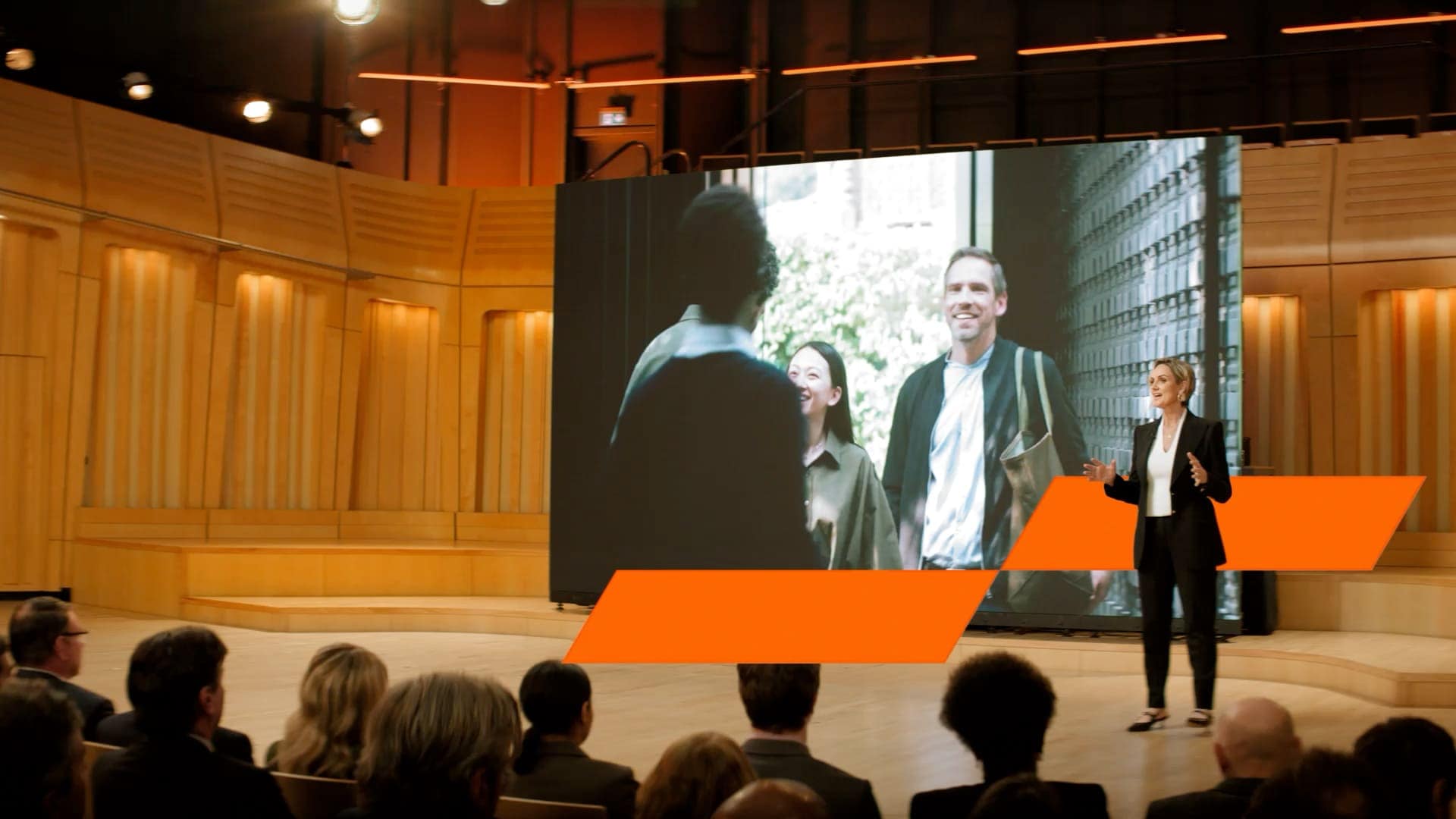29th Global CEO Survey Canadian CEOs must act decisively to maintain momentum

29th Global CEO Survey Canadian CEOs must act decisively to maintain momentum
Featured
Making a difference
Follow PwC Canada








© 2018 - 2026 PwC. All rights reserved. PwC refers to the PwC network and/or one or more of its member firms, each of which is a separate legal entity. Please see www.pwc.com/structure for further details.





















